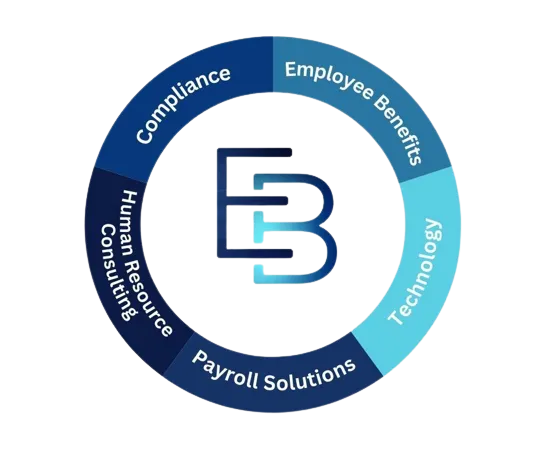
Take The Next Step
Elevate your business with our expert HR
consulting, payroll and employee benefit
insurance services. We tailor our solutions to
boost efficiencies, productivity, and
satisfaction. Let's shape a better workplace
together.
Unlock the Benefits of Envision:
Fill out the form below to get started on a path to efficiency, compliance, and peace of mind.
Simplify Your Business with
Envision Benefits Group
Discover how Envision Benefits Group can simplify HR, payroll, and benefits for your organization.
From streamlining payroll processes to optimizing employee benefits, our expertise and tailored strategies are designed to simplify your operations, allowing you to focus on what truly matters—growing your business.

Save Time and Money:
We understand that our your time and resources are valuable. That's why we offer efficient and cost-effective solutions that streamline processes and reduce expenses. We promise you get the best value for your investment.

Unbeatable Service:
We take pride in providing white glove service to our clients. Our commitment to excellence means going the extra mile to deliver on our promises and exceed expectations every chance we
get.

Mitigate Risks for Your Business:
Our focus is to safeguard your business the same way we protect ours. With our expertise and comprehensive solutions, we help identify and address vulnerabilities, ensuring a more complaint and strong business environment.
Read our Blog!
Industry News and Updates

